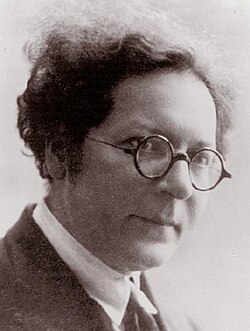Moyshe Shimel
It may be a mistake
but my mama’s snow was simply white
and not like the poetic take:
green, lilac, or violet bright.
And it didn’t fall quietly and serenely,
nor like distant stars for which one aches.
My mama’s snow would come suddenly
at night, unexpected as the plague.
Because when it snows in earnest
children’s jackets are in need of repair
and all day a fire’s going in the furnace
though wood and coal in winter are dear.
Hence I do surmise that ice covering panes
are not blossoms to admire,
for when ice forms on windowpanes
the price of milk goes haywire
and butter is out of the question –
and mama coughs and her back is sore —
And who’s to blame for this situation?
The dismal snow, the remorseless snow.
So perhaps that’s why I don’t like it one bit,
the snow that made mama’s life so bleak.
And perhaps that’s why I won’t wax poetic,
for when it snows it brings my mama’s sorrow back to me.
Translated by Miri Koral
(more…)
